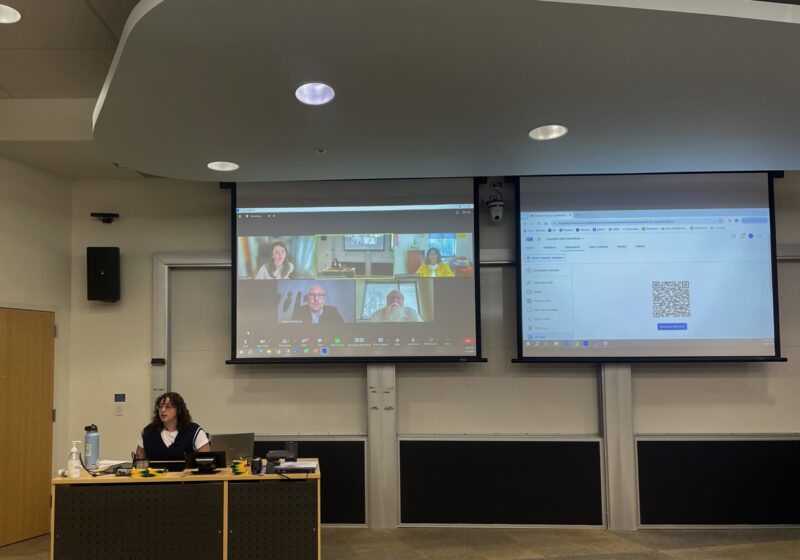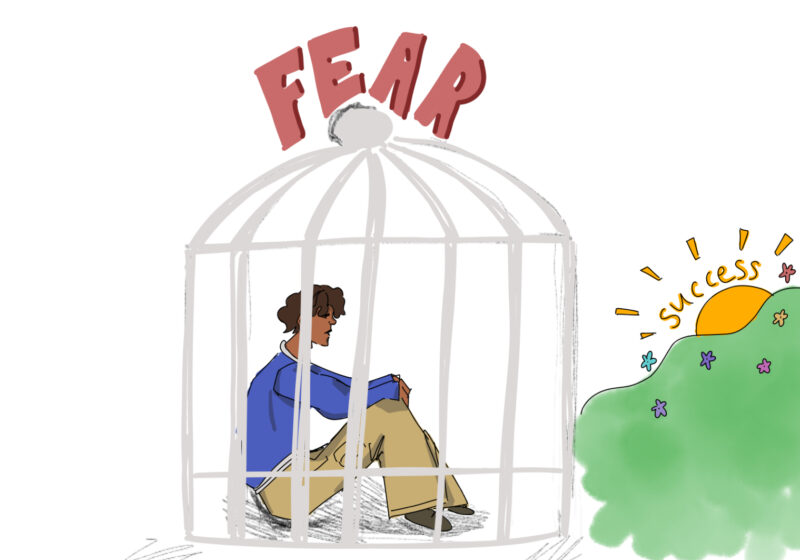On Oct. 24, the UR Security Officer’s Association and the University began negotiations on the union’s new contract. The previous contract, which was enacted three years ago, is up on Nov. 10.
“Discussions are progressing and going well so far,” Director of UR Security Walter Mauldin said.
URSOA has several packages of proposals they would like to see included in their next contract. Those packages include lists of proposals for quality of life, changes in operations, monies, changes in contract wording and officer and community safety.
Within the quality of life package is a proposal to create a Fourth Platoon. Currently, officers work in three shifts. The exception on the River Campus is two officers who work an additional, overlapping shift from 8 p.m. to 4:30 a.m. Officers volunteering to work overtime hours also staff that fourth shift.
According to URSOA president Dan Schermerhorn, adding the Fourth Platoon would not only staff additional officers during an important time of the night, but would take the pressure off the UR Security administration to find volunteers to work overtime.
Some proposed changes in operations include new uniforms, hiring new officers and additional promotion and transfer opportunities. Changes to the Lead Officer Program have also been proposed.
The Lead Officer Program was established in the summer of 2006 in a community building effort. Currently, officers apply to be considered for Lead Officer status and Mauldin, after reviewing the applications and a series of interviews, chooses nine officers to be positioned across the entire UR campus. These officers, in part because of the permanence of their location, are expected to become a part of the larger community in which they are stationed. On the River Campus, for example, this has come to mean improving the rapport between students and Security Officers, as well as officers becoming more involved with student groups.
According to Schermerhorn, the Lead Officer changes have not been officially proposed yet.
“The proposal needs to be finalized,” he said. “We’re still trying to tweak it and working to solidify the legal language.”
Part of the expected proposal will be to have the union take a larger part in the Lead Officer Program. First, the union hopes to be part of the decision making process, as the officers are chosen solely by the UR Security director.
Second, they hope to make the officers who are promoted to Lead Officers more permanent in their position, rather than up for review yearly. This would create an official second stratum in the rankings of the officers, where the lead officers would take on roles similar to sergeants in a police force.
In the monies package, proposed changes include a wage increase, incentive pay to work overtime, changes in computing overtime boot and equipment allowance, premium pay for working weekends and health care adjustments.
In the officer and community safety package is the request that all of URSOA receive a higher level of training, which would expand their jurisdiction to include detaining subjects and carrying self-defense weapons. The additional training being requested by the officers will have to be done by the State of New York. While not stated explicitly, the level of training they are seeking could define them as Peace Officers.
Peace Officer status would allow the Security officers to carry non-lethal weapons to be used in self-defense. It would also allow them to detain subjects and conduct their own research and do their own reporting. Currently, officers are unarmed and depend on the Rochester Police Department for any further policing services.
Mauldin declined to comment on any of the proposals, citing that negotiations were currently underway.
URSOA was founded in 1981 as a local union of UR Security Officers. The negotiations are being done with the president of URSOA, their lawyer and representatives from their various shifts as well as the University chief negotiator. In the past, the union has signed both two and three-year contracts.
“There needs to be time for both sides to talk about ideas and issues they may have and work through them,” Mauldin said. “There is not a predictable timeline for how long the negotiations may take.”
If the union and the University are not able to negotiate a new contract before the current contract expires, their current one will be extended until the next contract is signed.
“In the past, we’ve had some that have expired, and we’ve moved on past the deadline until reaching an agreement, and some we’ve reached an agreement right before the end of the negotiating period,” Mauldin said.
Mauldin, however, believes there is still time left.
“I feel very confident that within the next several days we will come to an agreement,” he said. “The contract doesn’t expire until Nov. 10, which leaves us quite a few days to come to an agreement.”
Schermerhorn is fairly certain that negotiations are going to run past the Nov. 10 deadline. Part of his reasoning is that many of the proposals haven’t been officially put on the table yet; the union is still working on the legal language so the proposals can be properly worked into the contract.
“Negotiating past Nov. 10 is going to happen probably,” he said. “Dates have already been set past that deadline. Contract negotiations are not a sprint, but a marathon.”
Jarrett is a member of the class of 2009.





